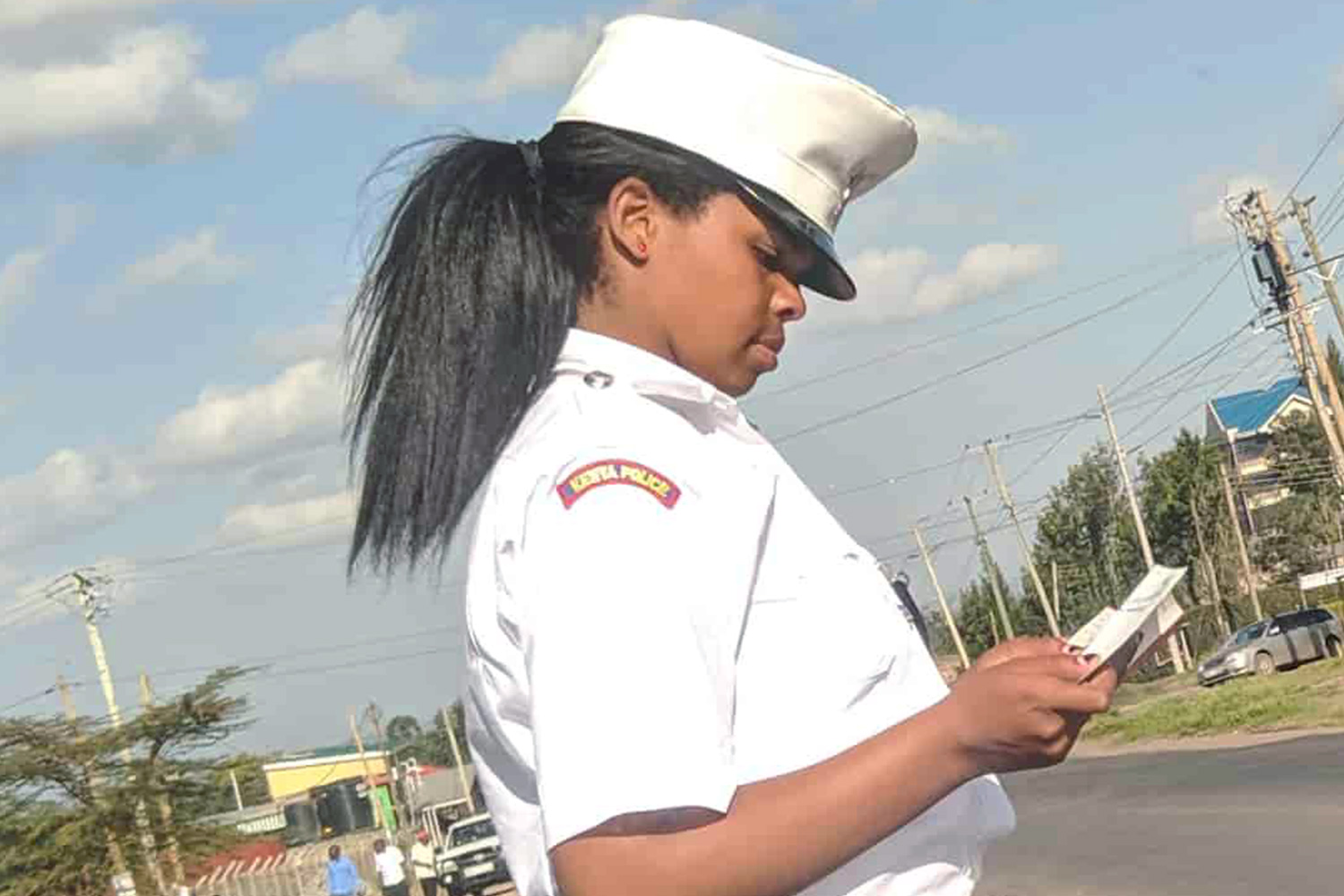
Information provision: creating an effective communication framework in terms of confidentiality and reliability to the prospective victims or Good Samaritan witnessing or informed of a rape case
- Legal representation: Engaging and networking with a reliable team of sufficiently trained and experienced service providers in terms of customer service, Medicare and legal representation ass individuals, institutions and organizations
- Safe Centre for reporting and preservation of primary data: Establishing a safety assurance Centre for gathering confidential information and preserving primary rape evidence such as bruises, semen and blood stains, swelling, torn clothing, etc.
- Training of women and girls on simple self-redemption skills
- Raising concerns with the concerned authorities and institutions that have been associated with serial rape cases, e.g. head teachers, TSC, church leaders, guardians, employers
- Training the police in counselling and customer language to improve their skills in handling the traumatized survivors
- Counselling and guidance
- Faster and full case pursuit and fair determination
- Healthcare services on infections, i.e. HIV/AIDS, STIs, pregnancies, injuries, swellings,
Indicators to our successful rape advocacy.
- Level of bed occupancy and casualty cases in rape survivor health facilities, e.g. Nairobi women hospital
- Trends and number of reported rape cases at our Information Centre
- No. of rape-related divorce cases in our courts
- Cases determined and culprits locked in prisons
Basic assumptions
- That with guaranteed security and effective information gathering, all rape cases will be captured, pursued and determined expeditiously
- That with elaborate anti-rape campaign networks, the frequency of occurrence and consequences will drastically fall.
That effective Medicare and proper case pursuit procedures will drastically reduce the emotional actions of the survivors, e.g. committing suicide, performing unsafe abortion or landing in the hands of irresponsible officers.